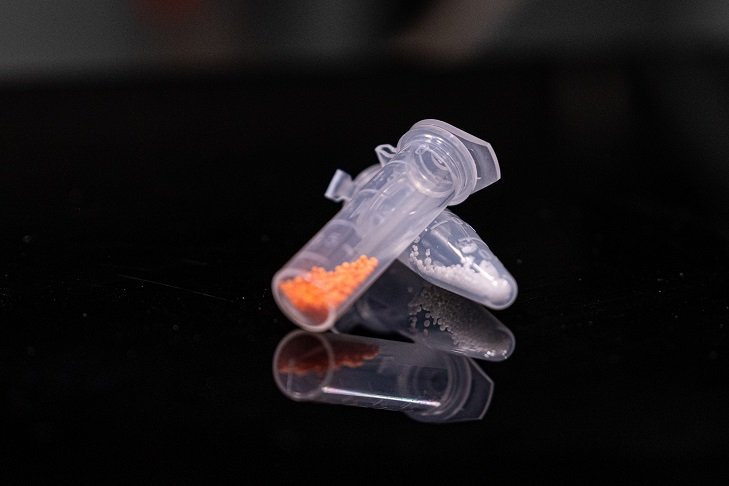
Image credit- NTU
Materials scientists from Nanyang Technological University, Singapore (NTU Singapore) have developed a new pill which uses the stomach as a drug reservoir and delivers medicines slowly over time to patients with Parkinson’s disease (PD).
Parkinson’s disease is a neuro-degenerative disorder which can be treated with Levodopa (L-dopa) taken orally. L-dopa is turned into dopamine by the human body, a chemical which is needed by the brain to relay signals needed for muscle control.
Currently, PD patients taking L-dopa may need to take up to six pills (doses) per day, with patients experiencing ‘wearing off’ effects between medications. Some patients also encounter a side-effect after a long duration of treatment, in which their limbs jerk or experience involuntary spasms, known as levodopa-induced dyskinesia (LID).
An NTU-incubated start-up is now commercialising this new slow-release pill that delivers L-dopa over a period of 24 hours, which could help to alleviate these symptoms. The start-up, called LiberaTx, aims to use the new pill to tackle LID and low drug compliance by patients, in which they fail to take the multiple pills of L-dopa prescribed daily.
The LiberaTx team is now in midst of planning clinical trials in Singapore to test its efficacy.




